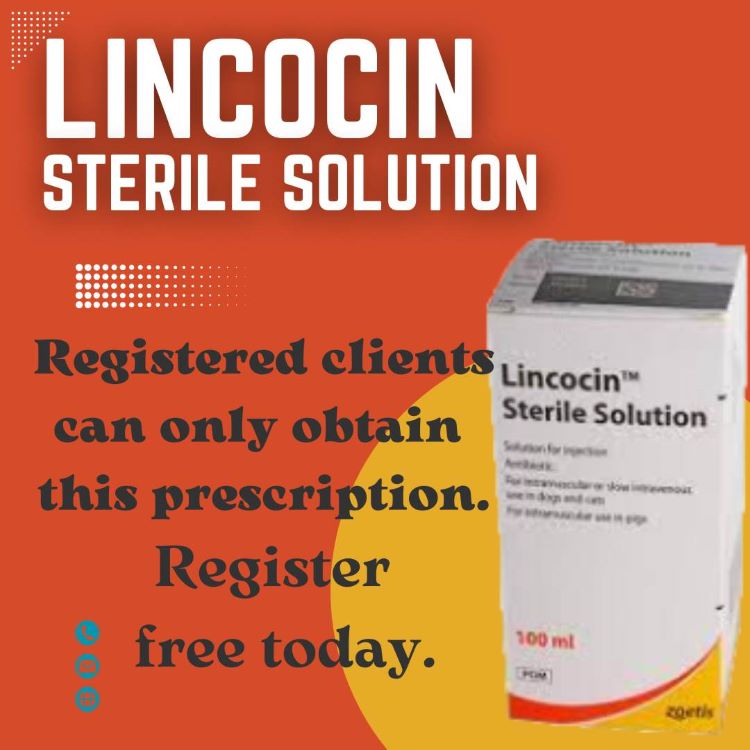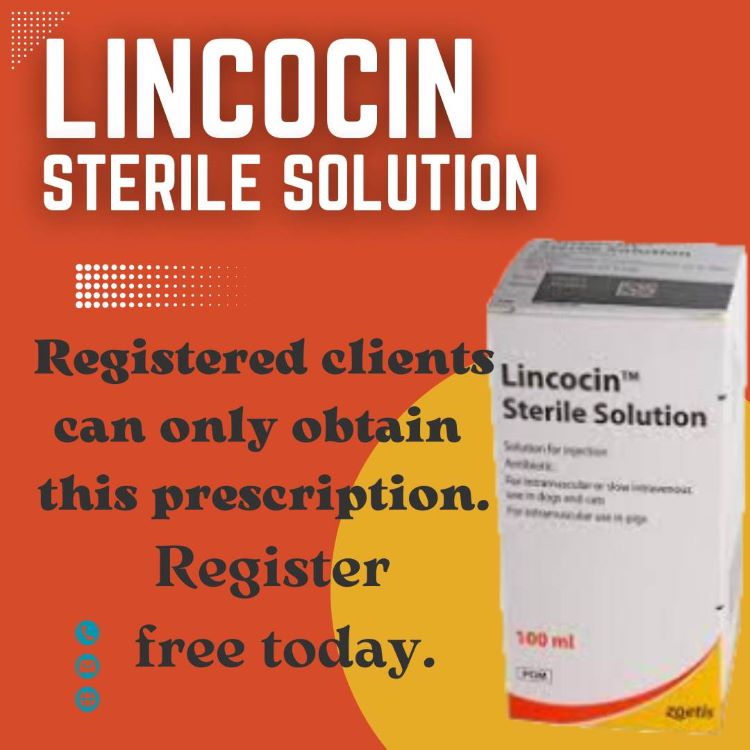My Store
Linco-Spectin 100 Soluble Powder 150
Linco-Spectin 100 Soluble Powder 150
Couldn't load pickup availability
General Information on Treating and Preventing Chronic Respiratory Disease (CRD) in Pigeons.
Overview
Chronic Respiratory Disease (CRD) is a prevalent condition in poultry, often caused by pathogens such as Mycoplasma and coliform bacteria. Here are some guidelines for treatment and prevention:
Isolation and Quarantine
- Isolation: Isolate sick birds immediately to prevent disease spread within the flock.
- Quarantine: Newly introduced birds should be quarantined before joining the existing flock to minimize the risk of pathogen introduction.
Antibiotics
- Treatment: Antibiotics are commonly used to address bacterial infections linked to CRD. Consult a veterinarian to determine the most suitable antibiotic and dosage for your birds. Common options include tetracyclines, macrolides, and fluoroquinolones.
Water-Soluble Antibiotics
- Administration: Antibiotics can often be given through the birds’ drinking water, making it easier to treat an entire flock. Follow your veterinarian's instructions carefully for dosing and duration.
Ventilation and Environment
- Proper Ventilation: Ensure adequate ventilation in the poultry house to minimize ammonia buildup and other harmful gases.
- Clean Environment: Maintaining a clean and dry environment reduces stress and helps prevent disease spread.
Biosecurity
- Measures: Implement strict biosecurity protocols, including controlling visitor access, disinfecting equipment, and using dedicated clothing and footwear when handling birds.
Vaccination
- Consultation: Vaccination programs may be available to prevent CRD, depending on the specific pathogens involved. Consult your veterinarian to assess if vaccination is appropriate for your flock.
Nutrition
- Balanced Diet: Provide a nutritious and balanced diet to support the immune system and overall health of the birds.
Stress Reduction
- Minimizing Stress: Reduce stressors such as overcrowding, temperature fluctuations, and transportation, as stress can weaken the immune system.
Regular Monitoring
- Observation: Continuously monitor the flock for signs of disease and consult a veterinarian if issues arise. Early detection is crucial for effective treatment.
Veterinary Collaboration
Work closely with a poultry veterinarian to develop a tailored disease management plan. They can provide guidance on diagnosis, treatment, and prevention strategies to help maintain a healthy flock. Be aware of regulations regarding antibiotic use in poultry farming, as these may vary by region.
Dosage and Administration
For Drinking Water
The recommended dosage rates are as follows:
- Poultry: 1665 mg lincomycin and 3335 mg spectinomycin per kg body weight per day for 7 days, equating to 75 mg of powder per kg body weight per day for the same duration.
Treatment Protocol
- Initiation: Start treatment as soon as the first clinical signs appear.
- Preparation: The incorporation rate of the veterinary medicinal product in water depends on the animals' body weight and their daily water intake. Accurate determination of mean body weight and daily water consumption is crucial for proper dosing.
- Medicated Water: Ensure that the medicated water is the sole source of drinking water during treatment. Discard any unused medicated water after 24 hours.
- Parenteral Treatment: If significant decreases in water intake occur, consider initiating parenteral treatment.
By following these guidelines, you can help manage and prevent CRD in your pigeons effectively.
Share


